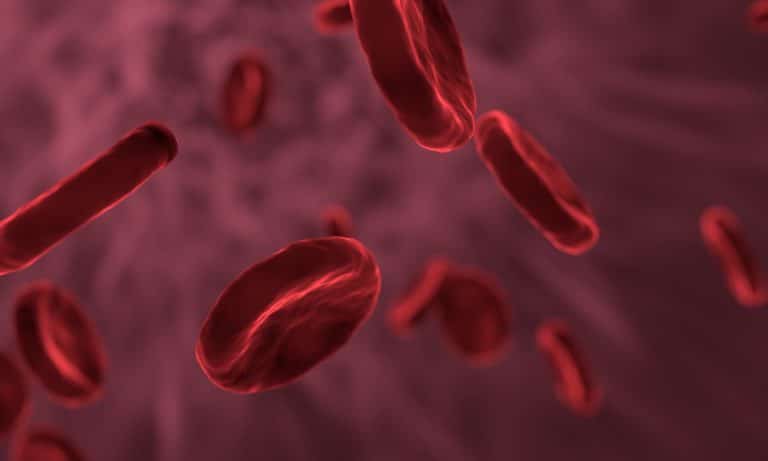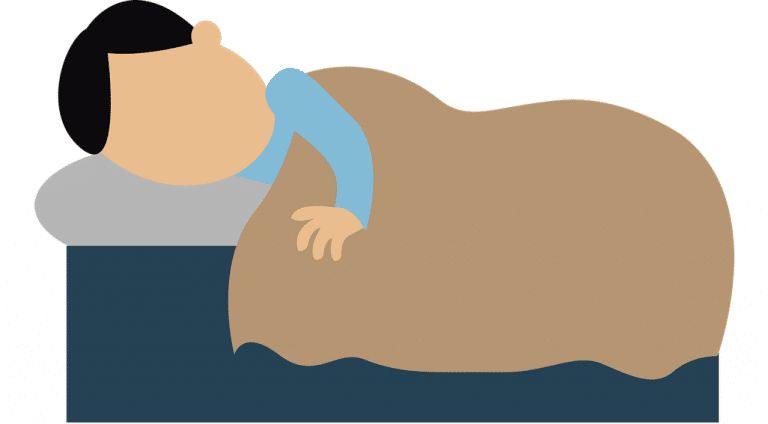Effects on Mental Health
Anorexia nervosa and other eating disorders can be both the cause and the result of other mental health disorders, such as depression and a variety of anxiety disorders. The symptoms of depression, anxiety, and the like can worsen disordered thoughts and behaviors, accelerating the decline of mental and physical health. On the other hand, the negative feelings associated with these disorders can also spur urges to engage in disordered eating behaviors.
Treatment of eating disorders normally includes methods that treat co-occurring disorders and providing coping tools to support those on the path to recovery. This also helps clients in recovery after graduating by ensuring they can effectively manage their mental health through the years. These treatments are designed to establish recovered eating behaviors as well as processing the co-occurring disorders.
Effects on Physical Health
Anorexia nervosa involves the deliberate restriction of food and calorie intake in an effort to lose weight. Every organ, tissue, and cell in the body requires the regular intake of calories and nutrients to keep working at optimal efficiency. When people with anorexia nervosa limit their food intake, malnutrition can being to set in in a matter of months or even weeks. Some of the initial physical effects include:
- Dizziness
- Nausea
- Stomach pain
- Bloating
- Constipation
- Fatigue
- Headaches
- Weakness
As the disordered eating behaviors continue, the body attempts to conserve energy, decreasing core temperatures. The individual will generally feel cold all the time, and they might begin to grow fine hairs all over their body, a condition called lanugo. There can be many other health consequences such as glandular imbalances that can result in muscle aches, joint pain, and itchy skin.
Effects on Social Life
One of the harder-to-observe consequences of untreated anorexia nervosa is a tendency to withdraw from social life, a behavior often driven by a sense of shame about their disordered eating behaviors. They may stop hanging out with their friends or avoid going over to see family. This is often exacerbated by co-occurring disorders such as anxiety and depression, which are more prevalent in people with eating disorders than in those who don’t have them.
Most eating disorder treatment centers encourage a strong social support system for their clients to maximize the effectiveness of treatment. This helps them stay resilient when faced with challenges, making them better able to choose healthy coping skills over dysfunctional methods. It is for this reason that residential eating disorder treatment centers make family involvement a priority. The same classes also teach how to rely on other friends and peers in recovery to support their recovery. It’s common for the staff to focus on creating and hosting effective family programming that makes everyone feel directly involved in the care process. Family members can attend special programming events to learn and support their loved ones in treatment.
Effects on Quality of Life
Without taking steps to treat an eating disorder, an individual can experience a serious decline in their quality of life. Eating disorders often include a compulsive aspect, and over time these compulsions may take over their lives. Body size and weight, and behaviors designed to control them go out of control. These behaviors continue even when their mental and physical health decline.
Anorexia nervosa, when untreated, gets more and more severe, with both mental health and physical health affected.These symptoms tend to continually worsen, leading to decreases in quality of life over time. Both the physical and mental deterioration also increase social isolation, both out of a sense of shame and a physical inability to engage in activities the person once enjoyed.
Get Treatment If You’re Suffering
Although anorexia nervosa (and other eating disorders) are difficult to manage, a full, long-lasting recovery is possible. Your doctor or mental health professional can usually make a referral, or you can reach out to a qualified eating disorder treatment center. Their admissions specialists can answer your questions about location, timing, and financing, but more importantly, they can help you or a loved one take the next step toward a happier, healthier life.











